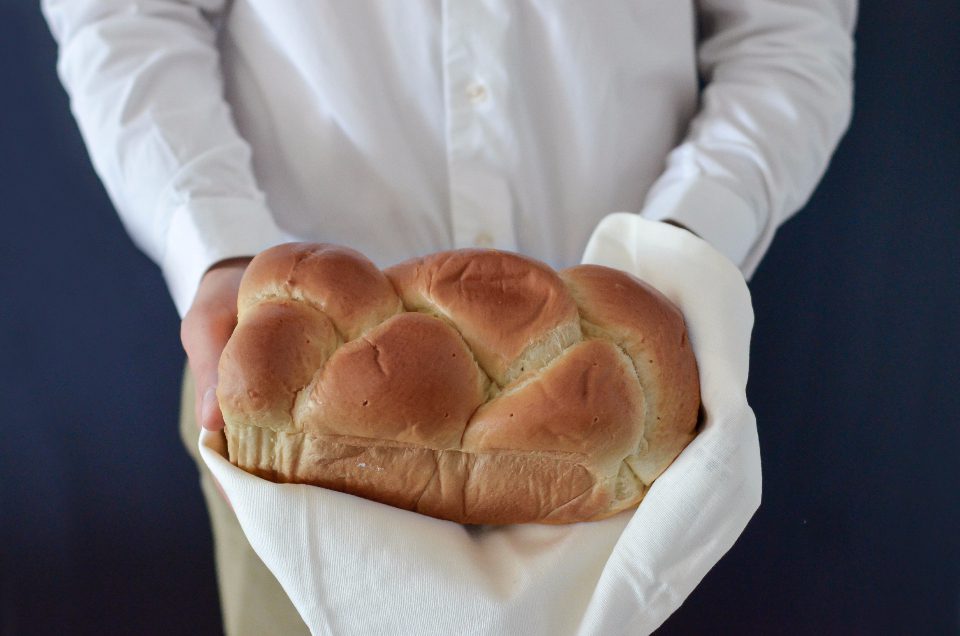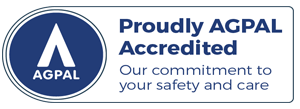
Written by Emma McLaughlin, Integrative Naturopath
So, you have just been diagnosed with Coeliac disease, now what? Do you really have to be that careful with gluten?
Coeliac Disease is an autoimmune condition whereby exposure to gluten, a protein found in wheat, triggers an inflammatory response in the lining of the digestive tract. This inflammatory response can cause damage to the cells, resulting in local irritation and inflammation, a reduced absorption of nutrients, and potentially heighten the risk of gastrointestinal cancers.
What are the symptoms?
Common symptoms may include abdominal pain and cramping (particularly with gluten containing foods), diarrhoea or constipation, nausea, vomiting and blood or mucous in stools. Failure to thrive (in children) or weight loss or gain in adults is common and iron stores (ferritin) and B12 are commonly low or deficient due to irritation at the part of the intestine where these nutrients are absorbed. This and constant low-lying inflammation often cause fatigue. A little worryingly, many people with Coeliac disease do not have symptoms. If you have a close relative with symptoms, consistently low B12 and iron it may be warranted to consider Coeliac disease in the absence of tummy symptoms. Even those who are asymptomatic (without symptoms) will need to adhere as strictly to gluten-free guidelines as those with symptoms as they will still be experiencing intestinal damage.
There are several tests that may be used to diagnose Coeliac disease in Australia.
-
Gluten antibodies can be tested in a blood test with your GP to determine if your body has produced immune antibodies in response to gluten. The test can show a false negative if gluten has not been consumed for some time prior to testing. In a non-coeliac patient there should be no antibodies.
-
Coeliac genes can also be tested by your GP to see if you have a genetic predisposition to Coeliac disease. If you do, this is not a diagnosis of Coeliac disease and a positive antibody test or biopsy will be required to make a proper diagnosis.
-
An endoscopy with biopsy of the small intestine is the most accurate diagnostic tool. A sample of tissue taken at the site of the small intestine will show damage to the cells although gluten will also need to be consumed for a period prior to a scope for accuracy.
Avoiding Gluten
Needs to be adhered to strictly. This means getting educated about where you might find sneaky gluten (ie some brands of soy sauce, potato chips) and what your obvious gluten-free choices are for replacing foods like bread, cereal and pasta. Even minor exposure for instance crumbs from a toaster shared with gluten-containing toast can trigger an inflammatory reaction in those with Coeliac disease so understanding the dietary aspect is crucial.
Healing Past Wounds
With exposure to gluten prior to a Coeliac diagnosis and strict adherence to diet, there will have been damage to the gastrointestinal lining that will need repair. Understanding the extent of damage, and utilising gut-healing supplements and foods to ensure the mucosal lining is protected and any damage reversed as much as possible can be important to ensure you are absorbing nutrients and reducing symptoms that might not improve with removing gluten-containing foods alone.
Check those nutrients
Those with Coeliac disease are often low in iron and B12 among other nutrients. Having these tested and supplementing to improve these if low will help to improve energy and return you to set-point.
Dysbiosis
Refers to the balance of beneficial and potentially pathogenic microbes that reside in the gut. This is often jeopardised in those with Coeliac disease and understanding how to eat to diversify your microbiota, and to use probiotics or herbal antimicrobials to help regain the balance is vital. Eating a wide variety of plant foods (colour is key – mix it up); healthy fats such as found in nuts and seeds, olive and coconut oil; and small amounts of easily digestible proteins such as legumes, fish and seafood, slow cooked meats, eggs and high quality dairy such as Goats cheese are all beneficial. Also including probiotic rich foods such as sauerkraut and a good quality greek yoghurt may benefit.
Protect your gut
Accidental exposure to gluten is likely to occur at points in your life – ie eating out. Having a plan for ongoing gut support and to lessen the effects of exposure is important for future health. Those with Coeliac disease have a tendency to less robust gut health and may also find other foods could potentially be irritating, and so ongoing strengthening and care of gastrointestinal health or identification of any other triggers can resolve any ongoing issue related to your tummy. Some of my favorite supplements to keep in the toolkit are Biohawk Ginger Relief Enzymes for accidental exposure to have with meals when eating out and slippery elm as a daily nutritive to support mucous membrane health.
Moving forward
Seek a session with someone who can help you to assess all of the above and guide you forward with a plan that is specific to you and your situation. A combined GP / Naturopathic consultation is a great place to start if additional medical testing is required or you suspect you may have undiagnosed Coeliac disease. A naturopath can cover all of the above if you have already been diagnosed and have you feeling educated, supported and confident moving forward with a gluten-free, happy, healthy life.
The Health Lodge in Byron Bay is here to help you feel better and support you to live your healthiest life. Combined GP and Naturopath consultations are available in our Byron Bay medical clinic and Australia wide via Skype. Book online or for more information contact us on 6685 6445.


